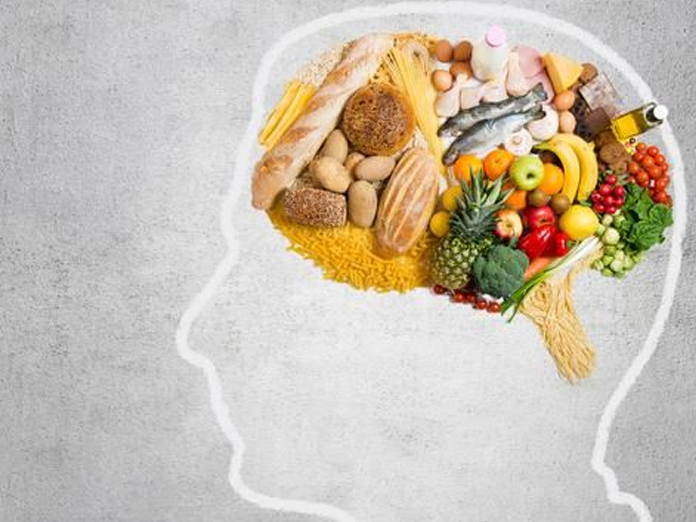How our diet can impact memory

Although you might be familiar with the statement, you are what you eat, the food you consume could also impact your memory, suggests a new study
New York, Jan 29: Although you might be familiar with the statement, "you are what you eat", the food you consume could also impact your memory, suggests a new study.
A team of researchers discovered that cholecystokinin (CCK), a satiety hormone which is highly expressed in memory formation, could, at higher levels, decrease a person's likelihood of developing Alzheimer's disease by 65 per cent, said the study published in the journal Neurobiology of Aging.
CCK is found in both the small intestines and the brain. In the small intestines, CCK allows for the absorption of fats and proteins. In the brain, CCK is located in the hippocampus, which is the memory-forming region of the brain, said Auriel Willette, Assistant Professor at the Iowa State University in the US.
"The regulation of when and how much we eat can have some association with how good our memory is. what we eat and what our body does with it affects our brain.
"It will hopefully help to shed further light on how satiety hormones in the blood and brain affect brain function," Willette said.
The researchers hope this study will encourage others to look into the nutritional aspect of diets, versus just looking at caloric intake.
Also, Alexandra Plagman, who is the lead author and graduate student at the varsity, is currently looking at how diet impacts an individual's CCK levels through researching fasting glucose and ketone bodies.
"By looking at the nutritional aspect, we can tell if a certain diet could prevent Alzheimer's disease or prevent progression of the disease," Plagman said.
Using data from the Alzheimer's Disease Neuroimaging Initiative (ADNI), the team looked at CCK in 287 people.











